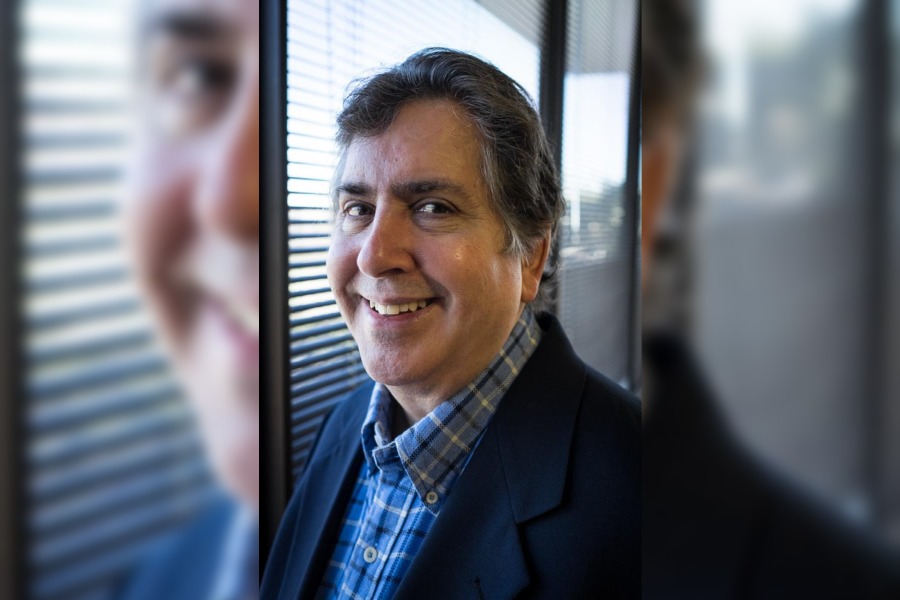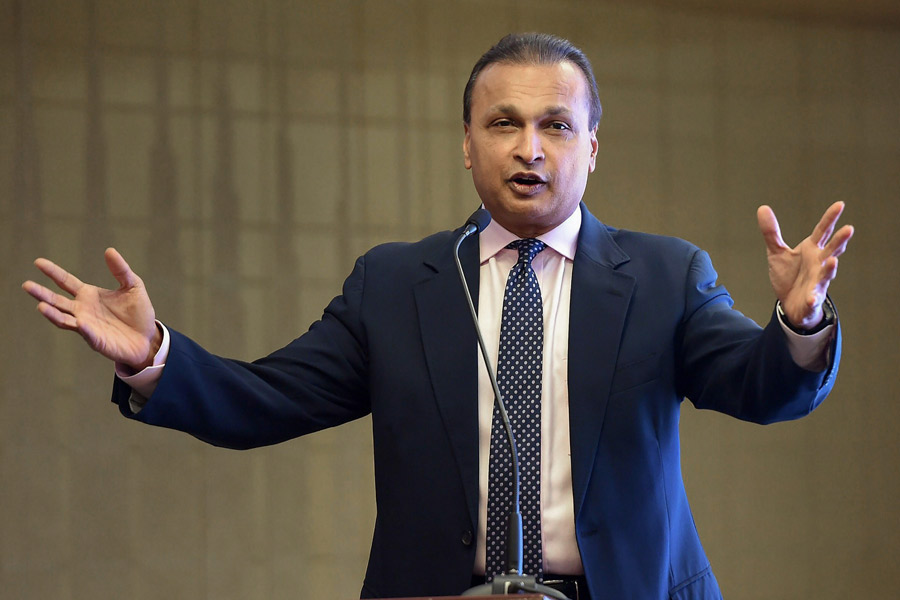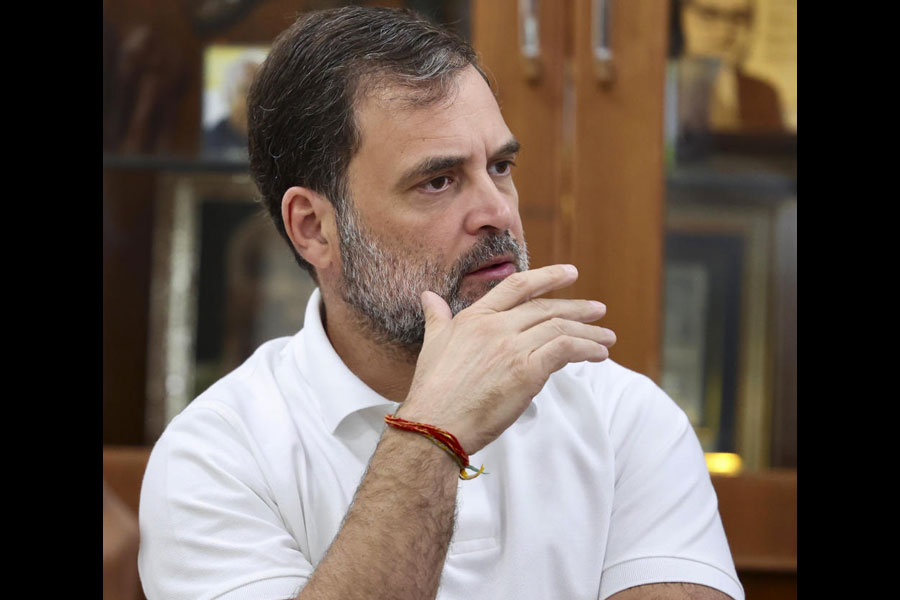Douglas Lenat, an artificial intelligence researcher who spent nearly 40 years trying to build common sense into computers, recreating human judgment one logical rule at a time, died on Thursday in Austin, Texas. He was 72.
His wife, Mary Shepherd, said the cause was bile duct cancer.
In the late 1970s, as a professor of computer science at Stanford University, Lenat developed an AI system he called Eurisko — a Greek word meaning “I discover”. It was designed to automate the discovery of new scientific concepts, methods and laws by analysing data.
In 1981, he used this system to analyse the rules of an exceedingly complex role-playing game called Traveller Trillion Credit Squadron, in which players used a trillion-dollar budget to design and deploy a fleet of warships. Much like chess, Go and Jeopardy! in later years, the game was an ideal proving ground for the latest AI technology.
Each night, after combing through the many volumes of the Traveller rule book, Eurisko identified new ways of winning the game. Some were ridiculous — at one point, it suggested that the best way of winning was to change the rules — but others were promising.
Each morning, Lenat would adjust the system, pushing it away from the ridiculous and towards the practical. Guided by his common sense, Eurisko eventually found an unorthodox but powerful strategy. Rather than spending the trillion-dollar budget on large, mobile, well-protected warships — as other players did — it suggested building hundreds of tiny ships that barely moved and were not well protected but carried enormous firepower.
Running across dozens of computers, Eurisko could discover possibilities that Lenat had not. But it needed help from human judgment. Machines could not be truly intelligent, he realised, unless they, too, had common sense.
The project was called Cyc. He set out to define the fundamental but largely unspoken laws that outline how the world works, including everything from “you can’t be in two places at the same time” to “when drinking a cup of coffee, you hold the open end up”.
New York Times News Service










